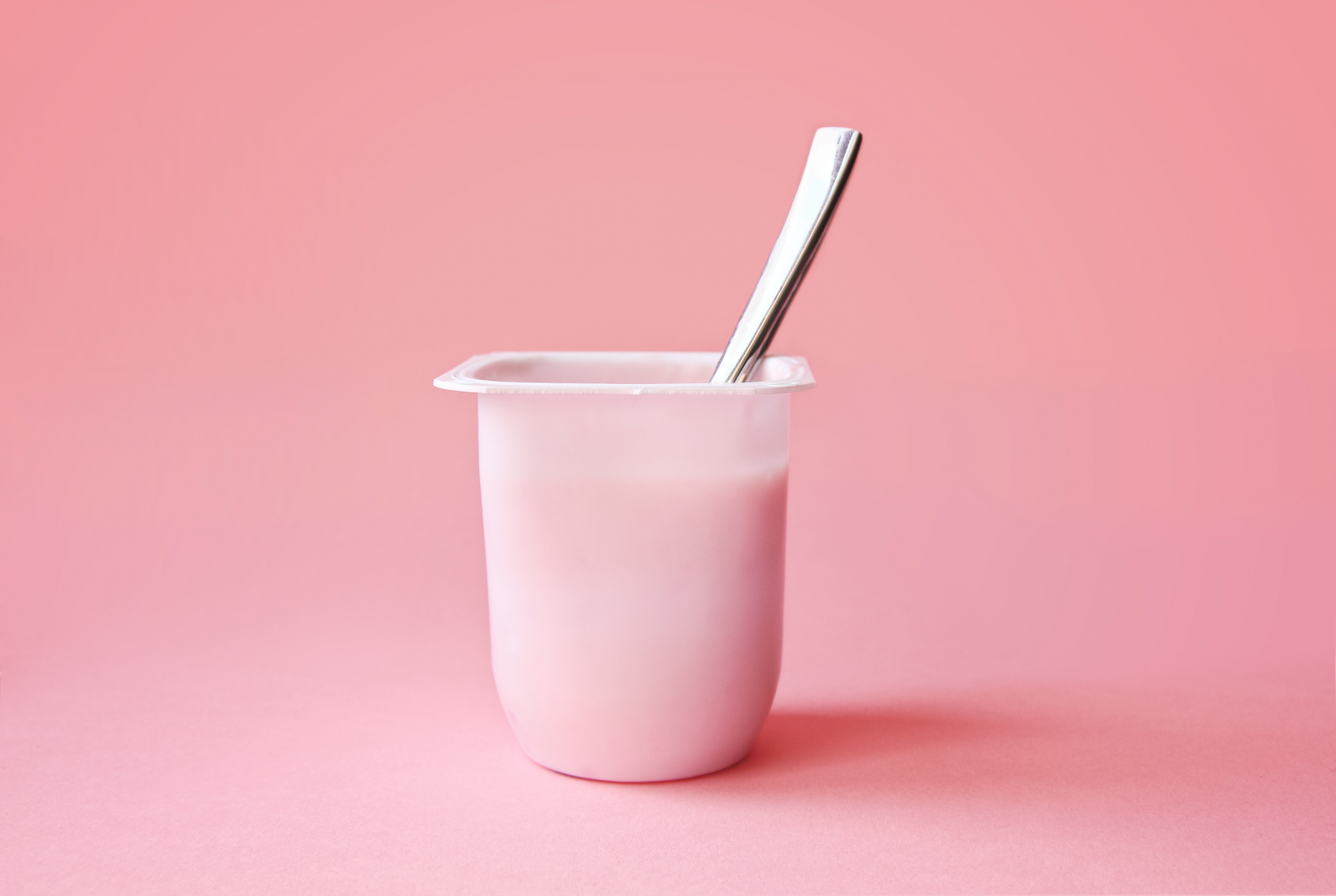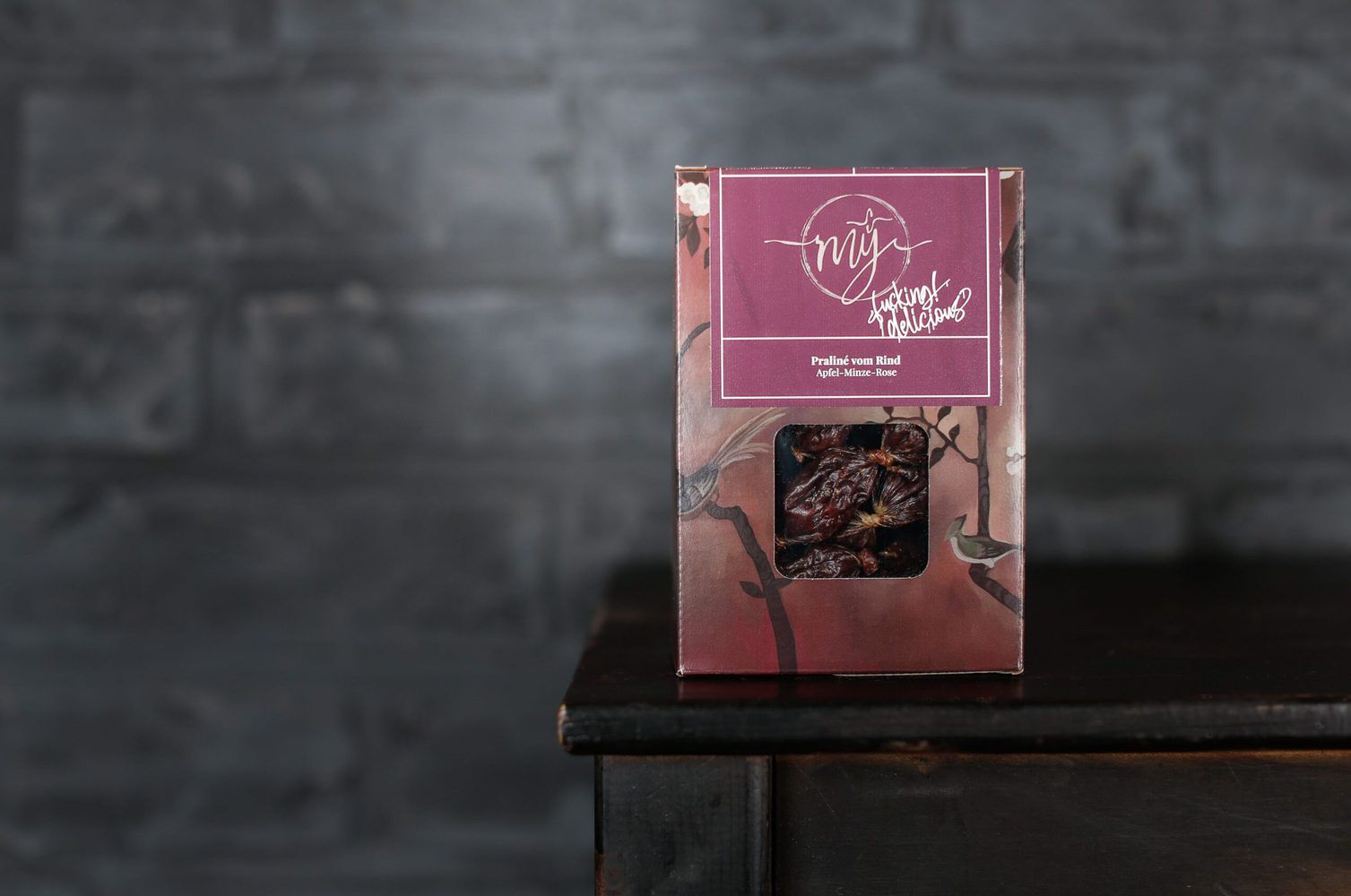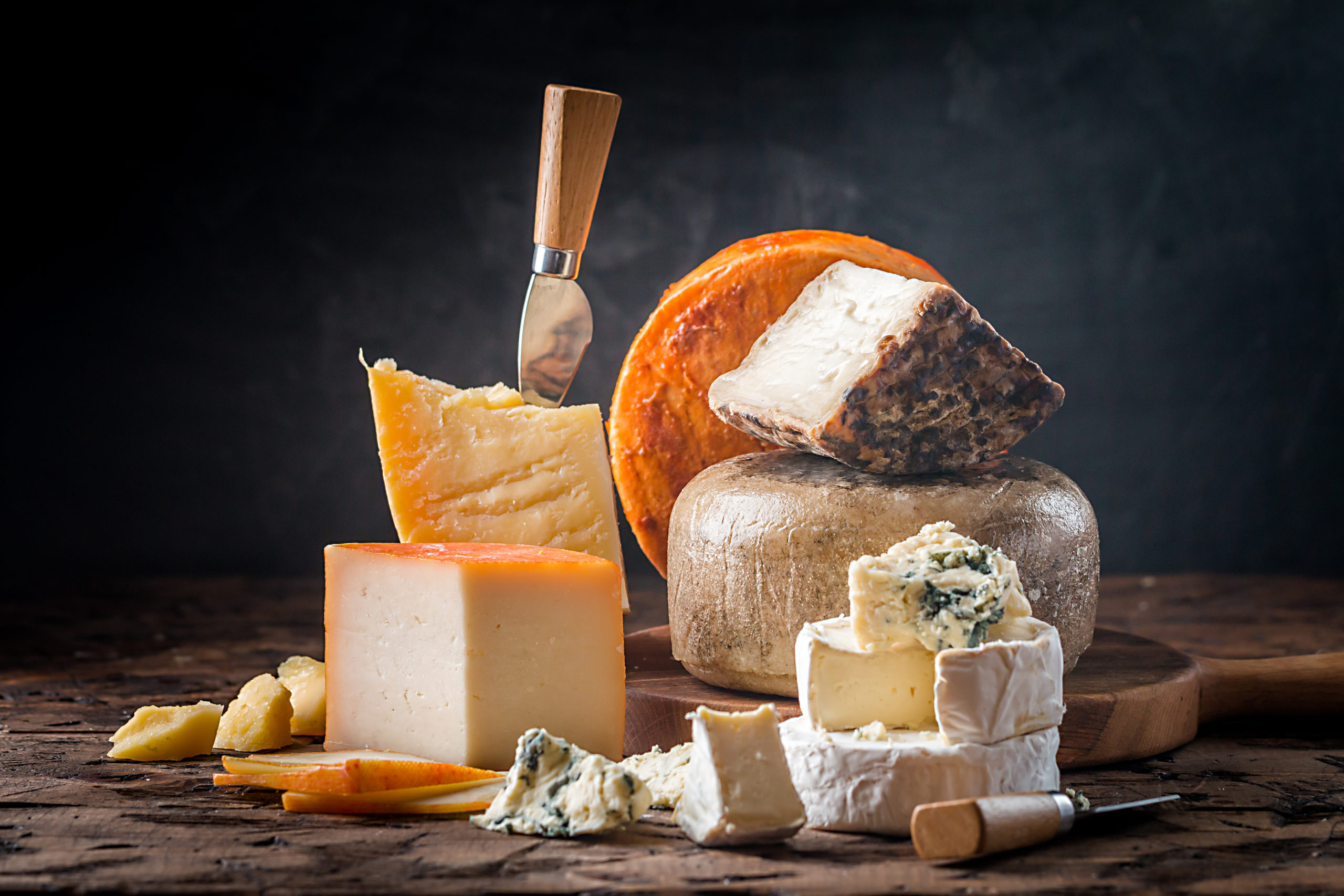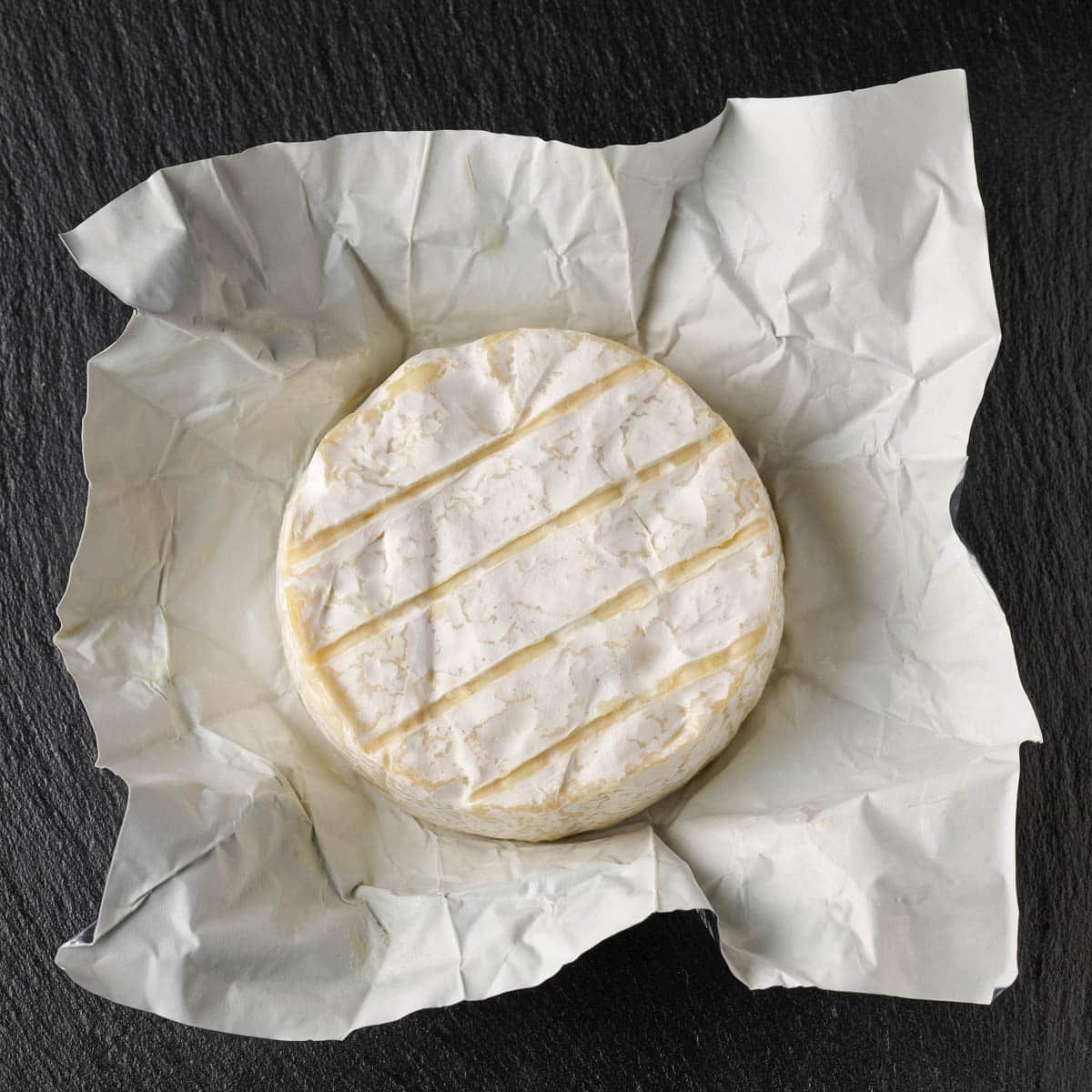
How to Remove the Rind from Brie Cheese Brie cheese, Phyllo dough
That ubiquitous brie, for instance, is encased by a rind of penicillium bacteria, which imparts a soft, tender rind that tastes a bit like mushrooms. Skip the rind on one of these carefully aged.

Can You Eat Brie Rind? The Most Comprehensive Answer
Yes, the bloomy rind is completely safe to eat and even keeps the inside safe from any potentially unwanted microorganisms during production. The rind on Brie not only protects and encases the cheese - it also adds a subtle, earthy flavor. With a soft and tender texture, it is meant to complement the paste inside.

Fleischerei Nier Bad Salzuflen
Okay, so: Yes, Brie can smell like ammonia pretty strongly. Bloomy-rind cheeses, like Brie, are called mould-ripened. This means that mould culture is an ad during the cheese-making process during the cheese-making process, which causes the white rind of the cheese to grow. If Brie tastes or smells like ammonia, it's been out for too long.

Tastes Like Home (2016)
Yes, Brie cheese can go bad since all cheeses have the potential for spoilage. Keep in mind that softer cheeses, like Brie, tend to go bad more quickly than their harder counterparts. Always check your Brie for signs of spoilage to ensure freshness and quality.

Foods You Can Safely Eat Past the Expiration Date
3. Exposure to Light: Brie cheese is sensitive to light, and prolonged exposure can trigger chemical reactions that result in the formation of bitter compounds. 4. Presence of Mold Spores: The mold used in the production of brie cheese can produce spores, which, if not adequately controlled, can spread and cause bitterness. 5.

Brie Cheese Puff Pastry Recipe Deporecipe.co
This comprehensive guide will equip you with the knowledge to determine if your brie cheese is still safe to consume or if it's time to discard it. A fresh brie cheese typically has a smooth, velvety rind with a slight grayish tint. Fresh brie cheese offers a rich, buttery flavor with a subtle tang and a hint of sweetness.

Brie and Cranberry Tartlets Brie and Cranberry Tartlets Makes 45
It's the cultures in the cheese. The longer or harder they work, the runnier the middle of the cheese, but they also produce more byproduct. This byproduct is ammonia. It's like running, the longer and harder you go, the smellier you'll be. There shouldn't be much ammonia from the rind on Brie even when it's ripe.

Paul und Paulina Praliné vom Rind. Apfel. Minze. Rose LittleBigDogs
Brie cheese has a slightly sweet, mild, and earthy flavor, with a creamy texture that melts in your mouth. The taste of brie can vary depending on how long it has been aged, with younger cheeses having a milder flavor and older cheeses having a stronger, more pungent flavor.. The entire brie cheese, including the rind, can be eaten. The rind.

Bad Taste Görlitz
Brie tastes like eating sautéed mushrooms with earthy and a grassy undertone for some. This cheese's popularity can be attributed to the second layer's flavor. The top layer has a nutty, creamy flavor, while the second layer has a more earthy, bitter taste. Making great cheese is all about letting the product run its course .

Everything You Wanted to Know About Cheese Rinds (But Were Too Afraid
Simply set the cooker to 80 degrees Fahrenheit and check back every half hour or so until your still-wrapped cheese feels as warm to the touch as its water bath. To accelerate the process even.

Tartiflette au Brie Evelyn Chartres
Brie has a soft and smooth texture, often described as melt-in-your-mouth. This velvety texture is a result of the cheese's high fat content, which lends it a rich and creamy mouthfeel. When it comes to taste, Brie offers a unique flavor profile. It has a mild and delicate taste with a subtle buttery undertone.

Can We All Just Agree That Fondant Tastes Bad?
The typical aging process of brie is about 6 weeks. The ripening process develops the brie's full flavor, texture, and aroma. The longer the brie ages, will notice the brie cheese taste earthier, and the texture of the brie change from spreadable to a thick liquid.

How to Tell If Brie Cheese Is Bad Comprehensive Guide
In truth, a pure white brie will usually denote that the cheese has been "ultra-pasteurized,"; a system of heating the curd using very high heat for long periods of time, twice, so that most, if not all, bacteria will be killed off. (The word "bacteria" should not be confused with "pathogens"). This process allows the cheese to be "shelf stable."
EVERYDAY SISTERS Baked Brie Bites
Brie cheese should have a mildly sweet smell. If the cheese smells sour or unpleasant, it has gone bad. Another way to tell if brie cheese is bad is by the texture. Brie cheese should be soft and smooth. If the cheese is hard or crumbly, it has gone. Brie cheese is a soft, creamy cheese that originated in France.

Warm and melty Baked Brie with Mostarda. Flaky golden phyllo dough
A moldy exterior or gray, flaky spots are both signs that the cheese has spoiled. Moisture is another factor to consider when determining if brie is bad. If the cheese is overly moist, it may be a sign that it has spoiled. Similarly, if the cheese has a sour or unpleasant smell, it is likely that it has gone bad.

Yes, it's safe to eat Brie when pregnant
Brie is made from cow's milk and has a soft, creamy texture. The cheese is aged for several weeks, during which time it develops a white rind. The rind is edible and has a slightly nutty flavor. The cheese itself has a mild, buttery flavor that is often described as earthy.